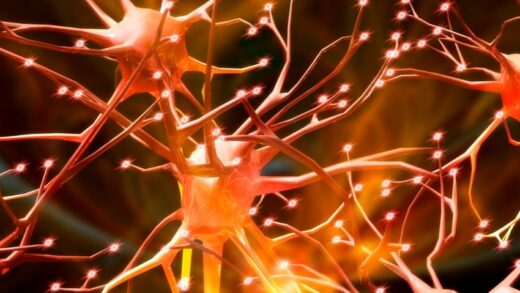Obesity is a complex and chronic medical condition that affects millions of people globally. It is a condition characterized by excessive accumulation of body fat, which can have adverse effects on an individual’s health. Obese people are more prone to various health problems, such as heart disease, stroke, type 2 diabetes, and even some types of cancer. In this article, we will provide an in-depth understanding of obesity, its causes, symptoms, and treatment options.
Diagnosis of Obesity:
The diagnosis of obesity is based on measuring body mass index (BMI). BMI is a measure of body fat based on height and weight. A BMI of 30 or above indicates obesity. However, BMI may not always be an accurate measure of obesity, particularly in athletes or individuals with a lot of muscle mass.
If your BMI is high, your doctor may perform additional tests, such as a blood test or a body fat percentage measurement, to confirm the diagnosis and assess the risk of health complications.
Treatment Options for Obesity:
- Diet and Exercise: A healthy diet and regular physical activity are the most effective ways to manage weight and prevent obesity. A healthy diet should include a variety of foods, such as fruits, vegetables, whole grains, lean proteins, and healthy fats. Limiting the intake of processed and sugary foods and drinks is also essential. Physical activity can help burn calories and improve overall health. Adults should aim for at least 150 minutes of moderate-intensity aerobic activity, such as brisk walking or cycling, per week.
- Medications: Prescription weight loss medications can help individuals in managing weight. These medications work by suppressing appetite, reducing the absorption of fat, or increasing the feeling of fullness. However, they should be used under the guidance of a healthcare provider as they may have side effects and interactions with other medications.
- Bariatric Surgery: Bariatric surgery is an effective treatment option for severe obesity. It involves making changes to the digestive system, such as reducing the size of the stomach or rerouting the small intestine, to reduce food intake and absorption. However, it is a major surgery and should only be considered as a last resort after other treatment options have failed.
- Behavioral Therapy: Behavioral therapy involves making changes to lifestyle habits and addressing underlying psychological issues that may contribute to obesity. It can include setting realistic goals, keeping a food and activity diary, and seeking support from family and friends. Behavioral therapy can also help in managing stress, depression, and anxiety, which are common triggers for overeating.

Causes of Obesity:
Obesity is a multifactorial condition that results from a combination of genetic, environmental, and behavioral factors. Here are some of the leading causes of obesity:
- Genetics: Studies suggest that genetics play a significant role in determining a person’s susceptibility to obesity.
- Poor Diet: Consuming an unhealthy diet, such as high in fat, sugar, and calories, can lead to obesity.
- Sedentary Lifestyle: Lack of physical activity or a sedentary lifestyle is a leading cause of obesity.
- Medications: Certain medications, such as antidepressants, antipsychotics, and corticosteroids, can cause weight gain.
Symptoms of Obesity:
Obesity can cause a wide range of symptoms, some of which include:
- Shortness of breath
- Joint pain
- Fatigue
- Sleep Apnea
- Low self-esteem

FAQs:
Can obesity cause health problems?
Yes, obesity can cause a wide range of health problems, such as heart disease, stroke, type 2 diabetes, and even some types of cancer.
What are the leading causes of obesity?
The leading causes of obesity include genetics, poor diet, sedentary lifestyle, and certain medications.
How is obesity diagnosed?
Obesity is diagnosed by measuring body mass index (BMI), which is a measure of body fat based on height and weight.
Can obesity be reversed?
Yes, obesity can be managed and even reversed with the right treatment, such as a healthy diet, regular physical activity, medications, bariatric surgery, and behavioral therapy.
Can obesity affect mental health?
Yes, obesity can affect mental health, leading to low self-esteem and depression.
Conclusion:
Obesity is a serious condition that requires attention and management. It can have adverse effects on an individual’s health, including an increased risk of various diseases. Fortunately, obesity can be managed and even reversed with the right treatment. A healthy diet, regular physical activity, medications, bariatric surgery, and behavioral therapy can help individuals in managing weight and improving overall health. It is essential to seek medical attention if you suspect you have obesity to prevent further health complications.






















